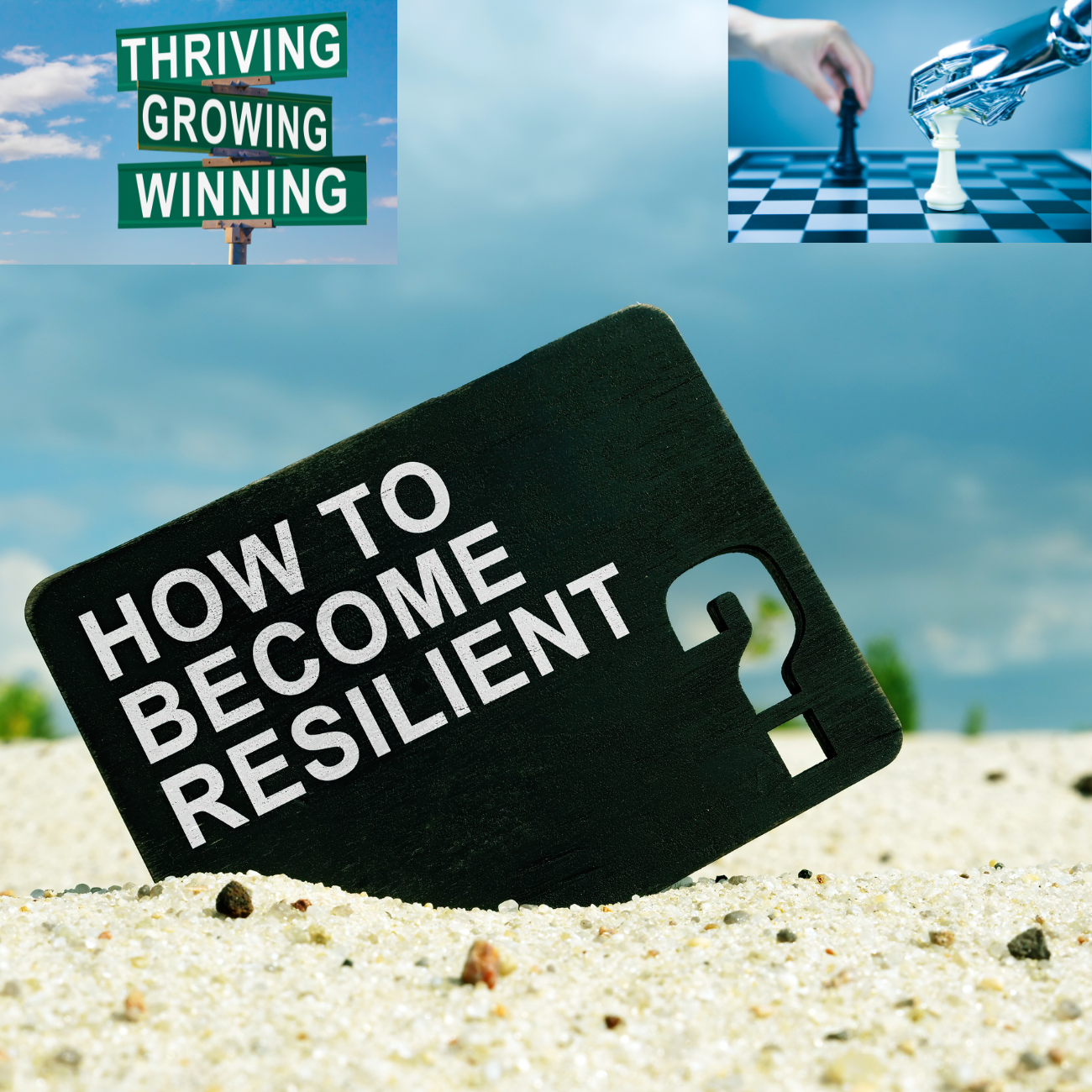Economic downturns are inevitable in today’s interconnected global economy. Whether caused by geopolitical tensions, pandemics, financial crises, or environmental disasters, these disruptions can significantly impact countries’ economic health. However, nations that adopt effective strategies to sustain themselves and diversify their economies can not only weather these storms but also emerge stronger than before. In this blog, we will explore strategies that nations can leverage to counter economic downturns, discuss effective ways to sustain growth, and provide examples of countries that have successfully implemented these strategies.
Diversifying the Economy: Building Multiple Pillars of Growth.
Why Diversification Matters.
Economic downturns often disproportionately impact countries that rely heavily on a “single” industry or resource. For example, oil exporting nations like Venezuela faced economic collapse when oil prices dropped dramatically in the 2010s. Diversification allows nations to reduce their dependency on volatile industries and spreads economic risk across multiple sectors.
How Countries Can Diversify.
- Invest in Emerging Industries: Nations can pivot toward growth industries like technology, renewable energy, and biotechnology. For instance, Singapore transitioned from a trade dependent economy to a hub for technology and financial services.
- Promote Tourism and Culture: Countries like New Zealand and Iceland have capitalized on their natural beauty and culture to build resilient tourism sectors.
- Support Small and Medium Enterprises (SMEs): SMEs are often the backbone of a diversified economy. Governments can provide loans, grants, and training to encourage innovation and entrepreneurship.
Case Study: United Arab Emirates. (UAE)
The UAE is a prime example of successful diversification. Once heavily dependent on oil, the country invested in sectors like tourism (Dubai), finance, and logistics. The creation of free zones and world class infrastructure has attracted global businesses, helping the UAE weather oil price fluctuations.
Strengthening Social Safety Nets: Protecting the Most Vulnerable.
The Importance of Safety Nets.
Economic downturns disproportionately impact low income populations, leading to higher unemployment, food insecurity, and poverty. A strong social safety net not only protects vulnerable citizens but also sustains consumer spending during tough times.
Types of Social Safety Nets.
- Unemployment Benefits: Providing temporary income to laid off workers.
- Universal Healthcare: Ensuring access to medical care regardless of income.
- Food Security Programs: Subsidized food or food banks to prevent hunger.
- Direct Cash Transfers: As seen during the COVID-19 pandemic, direct cash payments can stabilize households and stimulate the economy.
Case Study: Nordic Countries.
Countries like Denmark, Sweden, and Norway have some of the strongest social safety nets in the world. During economic crises, their comprehensive welfare systems which include free healthcare, unemployment benefits, and affordable housing help maintain social stability and economic resilience.

Investing in Innovation and Technology.
The Role of Technology in Economic Growth.
Technological innovation drives productivity, creates jobs, and opens up new markets. During economic downturns, countries that invest in cutting edge industries often recover faster and gain a competitive edge.
Strategies for Promoting Innovation.
- Funding Research and Development (R&D): Governments can allocate budgets to universities, startups, and private companies for R&D.
- Creating Innovation Hubs: Establishing tech parks and incubation centers fosters collaboration and innovation.
- Encouraging Digital Transformation: Nations can support businesses in adopting digital tools, AI, and automation.
Case Study: South Korea.
South Korea transformed itself from an agrarian economy to a global technology leader. Government investments in R&D and education have helped companies like Samsung and LG dominate global markets, making South Korea resilient to economic shocks.
Maintaining Fiscal Discipline.
Why Fiscal Discipline Matters.
During economic downturns, countries with high levels of debt face significant challenges. Fiscal discipline ensures that governments have the resources to implement stimulus measures without jeopardizing long term stability.
Strategies for Fiscal Discipline.
- Building Sovereign Wealth Funds (SWFs): Nations like Norway use SWFs to save surplus revenues during prosperous times and deploy them during downturns.
- Reducing Wasteful Spending: Governments can audit expenditures and eliminate inefficient programs.
- Implementing Progressive Taxation: This ensures a steady revenue stream without overburdening low income households.
Case Study: Norway.
Norway’s Government Pension Fund Global, funded by oil revenues, is the largest SWF in the world. It allows the country to maintain economic stability even during periods of low oil prices.
Strengthening International Trade and Partnerships.
The Value of Trade.
International trade allows countries to access new markets, diversify revenue streams, and reduce dependence on domestic demand. However, during economic downturns, some nations resort to protectionism, which often exacerbates the crisis.
Strategies for Boosting Trade.
- Signing Free Trade Agreements (FTAs): FTAs reduce tariffs and encourage cross border commerce.
- Developing Export Oriented Industries: Nations can identify and promote industries with strong export potential.
- Investing in Infrastructure: Ports, roads, and digital infrastructure facilitate trade and attract foreign investors.
Case Study: Germany.
Germany’s export oriented economy has been a key driver of its resilience. The country’s high quality manufacturing sector, particularly in automotive and machinery, has made it one of the world’s leading exporters.
Preparing for Environmental and Climate Challenges.
The Economic Impact of Climate Change.
Climate related disasters can disrupt supply chains, destroy infrastructure, and strain public resources. Proactively addressing environmental challenges not only mitigates risks but also creates opportunities in green industries.
Strategies for Climate Resilience.
- Investing in Renewable Energy: Nations like Denmark have achieved energy independence through wind power.
- Building Climate Resilient Infrastructure: Governments can construct flood resistant roads, seawalls, and green buildings.
- Promoting Sustainable Agriculture: Climate smart farming practices ensure food security.
Case Study: Costa Rica.
Costa Rica has become a global leader in renewable energy, with over 99% of its electricity coming from green sources. This commitment has not only reduced its carbon footprint but also attracted eco-conscious tourists and investors.
Fostering Private Sector Resilience.
The Role of the Private Sector.
The private sector plays a crucial role in job creation and economic growth. During downturns, resilient businesses can adapt to changing conditions and drive recovery.
Strategies for Private Sector Resilience.
- Encouraging Cash Reserves: Governments can incentivize businesses to build financial buffers.
- Supporting Digital Transformation: Helping companies adopt digital tools improves efficiency and competitiveness.
- Providing Access to Credit: Low interest loans and grants enable businesses to survive and grow during tough times.
Case Study: Japan.
Japanese companies are known for their long term planning and financial discipline. During economic downturns, many Japanese firms rely on cash reserves to avoid layoffs and maintain operations.
Promoting Education and Workforce Development.
The Link Between Education and Economic Resilience.
A skilled workforce is critical for economic growth and adaptability. Investing in education and training ensures that workers can transition to emerging industries during downturns.
Strategies for Workforce Development.
- Improving Access to Higher Education: Subsidies, scholarships, and affordable tuition can expand opportunities.
- Offering Vocational Training: Programs in technical fields prepare workers for high demand jobs.
- Encouraging Lifelong Learning: Online courses and certification programs help workers stay competitive.
Case Study: Finland.
Finland’s world class education system emphasizes critical thinking, creativity, and lifelong learning. This has enabled the country to adapt to economic challenges and maintain high living standards.
By adopting these strategies, nations can not only protect themselves from economic downturns but also position themselves for long term growth and prosperity. The key lies in proactive planning, strategic investments, and a commitment to innovation and inclusivity. This necessitates a shift in mindsets. The sooner you take action, the more rapidly the resulting changes will have a positive impact.
Frequently Asked Questions:
1. What is the most effective way for a nation to protect itself from an economic downturn?
The most effective approach is a combination of strategies, including economic diversification, fiscal discipline, and investment in innovation. By spreading risk across multiple industries and maintaining strong reserves, nations can sustain themselves during downturns.
2. How can small countries compete globally during economic challenges?
Small countries can focus on niche markets, leverage their unique strengths (e.g., natural beauty, culture, or specialized industries), and build strong international partnerships. For example, Singapore has thrived by becoming a global financial hub.
3. Why is innovation important during economic downturns?
Innovation drives productivity, creates jobs, and opens up new markets. Countries that invest in R&D and technology are better positioned to recover from downturns and remain competitive globally.
4. How can nations balance social safety nets with fiscal discipline?
Nations can achieve this balance by prioritizing efficient and targeted programs, reducing wasteful spending, and implementing progressive taxation. Sovereign wealth funds can also provide a safety buffer during crises.
5. What role does international cooperation play in economic resilience?
International cooperation fosters trade, investment, and knowledge sharing, which are critical for economic growth. Collaborative efforts during crises, such as vaccine distribution during the COVID-19 pandemic, demonstrate the importance of global solidarity.
